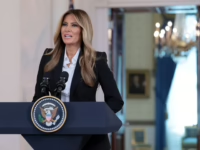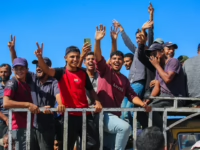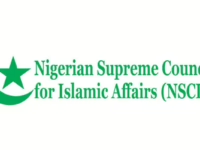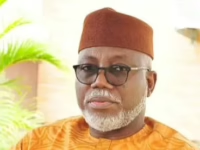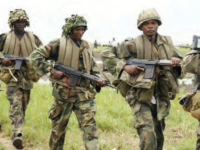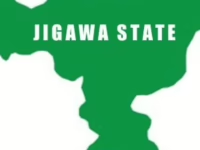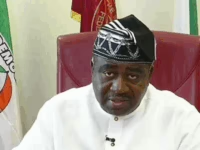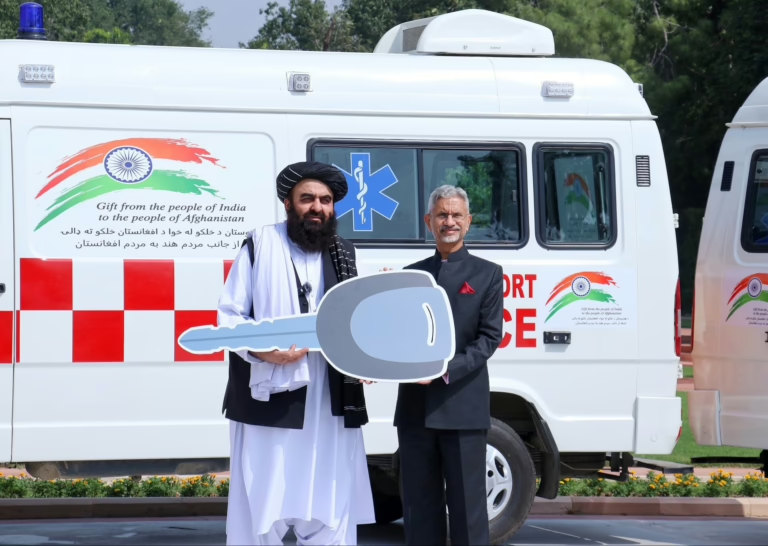India restores its embassy in Kabul, marking its initial diplomatic interaction with the Taliban since their 2021 ascension to power.
India has declared the elevation of its technical mission in Kabul to a full embassy, signifying its first formal diplomatic engagement with Afghanistan’s Taliban-led government since the group assumed control in 2021 following the U.S. military withdrawal and the collapse of the previous regime.
Foreign Minister Subrahmanyam Jaishankar announced this development after discussions with Afghanistan’s Foreign Minister Amir Khan Muttaqi during a meeting in New Delhi on Friday.
Addressing the joint press conference, Jaishankar emphasized, “Enhanced collaboration between our nations supports Afghanistan’s national progress as well as regional peace and stability.”
He reaffirmed India’s steadfast commitment to Afghanistan’s sovereignty, territorial integrity, and independence, expressing gratitude to Muttaqi for inviting Indian enterprises to explore mining ventures within Afghanistan.
This decision reactivates the embassy that was shuttered in 2021 amid the withdrawal of NATO forces led by the United States. Since then, India had maintained a limited presence focused on trade, healthcare, and humanitarian assistance.
Muttaqi highlighted Kabul’s longstanding desire to maintain strong ties with India. He also underscored ongoing counterterrorism initiatives, assuring that the Taliban administration would prevent Afghanistan from being used as a base for attacks against other countries.
However, the event sparked controversy as female journalists were barred from attending the briefing, a restriction likely imposed by the Taliban delegation. This move aligns with the group’s renewed restrictions on women’s rights, including limitations on education and employment, which have drawn widespread international criticism since their return to power.
In July, the International Criminal Court (ICC) issued arrest warrants for two senior Taliban figures, accusing them of committing abuses against women and girls.
The ICC judges found “reasonable grounds” to suspect Taliban Supreme Leader Hibatullah Akhundzada and Chief Justice Abdul Hakim Haqqani of gender-based persecution.
Muttaqi’s visit to New Delhi was facilitated by a temporary travel exemption granted by the United Nations Security Council Committee on Thursday.
Muttaqi is among several Taliban leaders subject to UN sanctions, including travel bans and asset freezes.
While countries such as China, Russia, Iran, Pakistan, and Turkey maintain embassies in Kabul, only Russia has officially recognized the Taliban government to date.
During the Taliban’s first regime from 1996 to 2001, India refused to acknowledge their authority, as the group was recognized only by Pakistan, the United Arab Emirates, and Saudi Arabia at that time.
India, which had backed the Soviet-supported government of Mohammad Najibullah, closed its embassy in Kabul when the Taliban took control, viewing the group as an extension of Pakistan’s intelligence services that had supported mujahideen fighters against Soviet forces.
Instead, New Delhi lent its support to the Northern Alliance, the anti-Taliban coalition.
After the U.S.-led coalition ousted the Taliban in 2001, India reopened its embassy in Kabul and emerged as a key development partner, investing over $3 billion in sectors such as infrastructure, healthcare, education, and water management, according to the Ministry of External Affairs.
Regional neighbors, including India, have collectively opposed foreign military installations in Afghanistan, particularly amid U.S. efforts to regain control of the Bagram airbase under former President Donald Trump’s administration.
In a joint declaration issued Tuesday, members of the Moscow Format Consultations on Afghanistan-which includes historically rival nations India and Pakistan-expressed their firm support for Afghanistan’s sovereignty, unity, and peaceful future. This group also comprises Russia, China, Iran, and Central Asian states, all of whom strongly reject any renewed U.S. military presence in Afghanistan.







